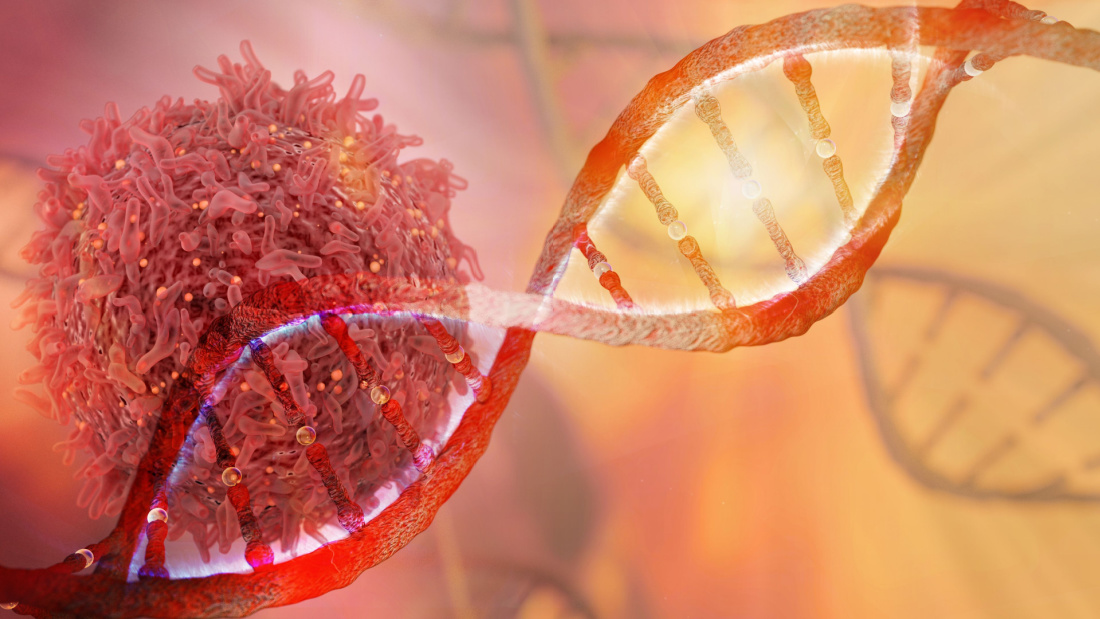
Genetic Testing and Cancer Diagnoses
Advanced next generation gene sequencing technology has enabled the detection of thousands of genetic mutations linked to the growth and prognosis of various cancers.
Predictive genetic testing can look for inherited gene mutations and detect alterations that provide significant markers for the prediction, diagnosis and prognosis of cancer.
Testing can also help to ensure that a patient receives the most effective treatment as soon as possible.
When there is a pattern of cancer in a family, it may be important to seek genetic counselling and discuss whether genetic testing is appropriate.
Types of diagnostic services currently available
There are numerous commercial testing platforms and technologies on the market today and determining which type will be used will depend on a number of factors including why you are seeking the testing and who will be carrying out the testing.
Here we look at two types of next generation sequencing (NGS) testing, how they work and what they can detect as well as the types of hereditary (familial) cancers that are most commonly detected.
Exome sequencing
Variations in the protein-coding region of any gene (the exon) can be identified in exome sequencing.
The exome is the entire set of exons in a genome. Because most known mutations that cause disease occur in exons, whole exome sequencing is an efficient method to identify possible disease-causing mutations rather than looking at specific regions.
Genome sequencing
NGS enables the analysis of specific regions of the DNA genome. When the process is complete, a report is generated which outlines the genetic mutations present within the sample material and how these are linked to the growth and development of malignant tumours.
These techniques can detect cells carrying mutations which could not be identified with classical sequencing. The following are some of the conditions which can be detected:
- Lung cancer
- Pancreatic cancer
- Gastric cancer
- Colorectal cancer
- Breast cancer
- Ovarian cancer
- Endometrial cancer
- Acute leukaemia
- Lymphoma
- Myelodysplastic and myeloproliferative syndromes
Study of BRCA1 and BRCA2 genes
Gene mutations within BRCA1 and BRCA2 genes predispose an individual to a 70-80% risk of developing ovarian cancer or breast cancer. The BRCA1 and BRCA2 genes are large in size and characterised by a high distribution of mutations across their genetic sequences.
Test results are analysed through bioinformatic software programmes to process the results and find any known mutations and/or polymorphisms.
Genetic diagnostic platforms for detecting familial cancer
Genetic testing platforms to identify cancers that run in families, including:
Breast and ovarian cancer
Genetic testing can identify specific abnormalities, such as loss, deletion or gain, within genetic material impacting seven targeted genes, including the genes BRCA1 and BRCA2 which are responsible for the many cases of familial breast or ovarian cancer. The genes which are less commonly linked to these types of cancer include: PTEN, CHEK2, TP53, CDH1, PALB2.
Neuroendocrine cancer
Located in organs such as the intestines, stomach and lungs, neuroendocrine cells are found throughout the human body. The neuroendocrine system is made up of a combination of nerve cells and hormone-producing endocrine cells. A neuroendocrine tumour begins in the hormone-producing cells of this system.
Genetic diagnostics can detect abnormalities (deletions, duplications and/or amplifications) in specific genes (including SDHB, SDHC, SDHD, TMEM127) which are involved in Von Hippel-Lindau Syndrome (VHL), endocrine neoplasia (MEN1) and paraganglioma-pheochromocytoma tumours.
NGS can also identify and diagnose alterations to genes that are less frequently linked to these pathologies yet which can still predispose an individual to familial neuroendocrine cancer.
Colon Cancer
Genetic diagnostics can be used to identify genetic abnormality involving the loss, duplication or amplification of genetic material which has an impact on the genomic regions of 17 specific genes.
Genes which can cause hereditary nonpolyposis colorectal cancer (HNPCC) are MLH1, MSH2, MSH3. The APC gene is implicated in familial adenomatous polyposis (FAP). A number of other genes are less commonly associated with this type of condition, but can be analysed using NGS technologies.


